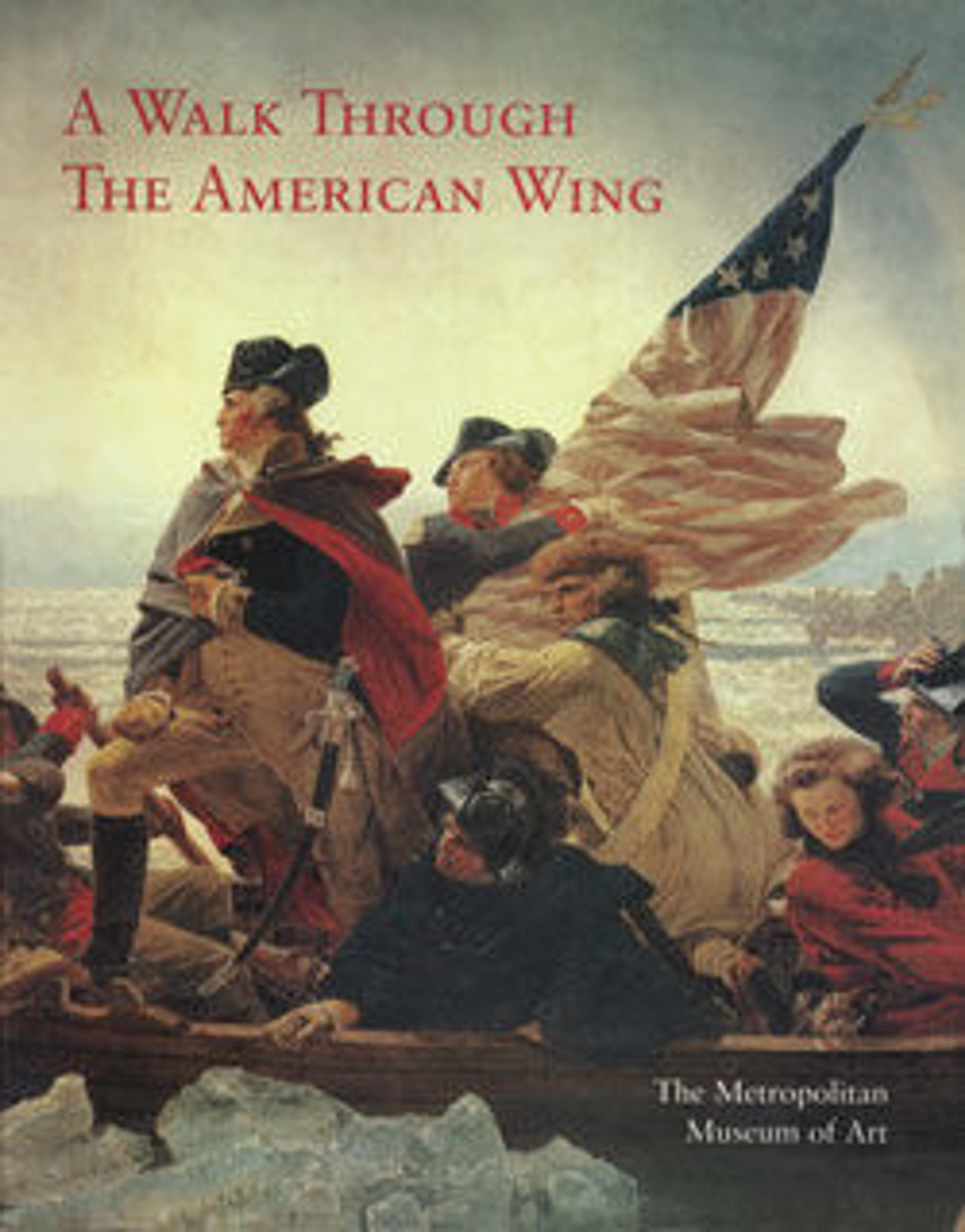Bust of John Locke
The placement of busts of learned men in libraries is a tradition that dates from antiquity and proliferated in eighteenth-century Philadelphia. The likeness of the English philosopher John Locke (1632–1704) was a preferred subject that often ornamented the pediment tops of desks and bookcases. This example has a distinct naturalism in the sculpting of the philosopher’s features that may have been inspired by well-known prints. Americans esteemed Locke for his philosophies that endorsed individual conscience, religious tolerance, and the defense of democracy. Locke’s theories were fundamental to the thinking of American Revolutionaries, especially the authors of the Declaration of Independence.
Artwork Details
- Title: Bust of John Locke
- Maker: Attributed to Martin Jugiez (active 1762–1815)
- Date: 1765–75
- Geography: Made in Philadelphia, Pennsylvania, United States
- Culture: American
- Medium: Mahogany
- Dimensions: 10 1/2 x 6 1/4 x 3 1/4 in. (26.7 x 15.9 x 8.3 cm)
- Credit Line: Gift of Bernard and S. Dean Levy Inc., New York City, in honor of Bernard Levy, 1992
- Object Number: 1992.181.1
- Curatorial Department: The American Wing
More Artwork
Research Resources
The Met provides unparalleled resources for research and welcomes an international community of students and scholars. The Met's Open Access API is where creators and researchers can connect to the The Met collection. Open Access data and public domain images are available for unrestricted commercial and noncommercial use without permission or fee.
To request images under copyright and other restrictions, please use this Image Request form.
Feedback
We continue to research and examine historical and cultural context for objects in The Met collection. If you have comments or questions about this object record, please contact us using the form below. The Museum looks forward to receiving your comments.
